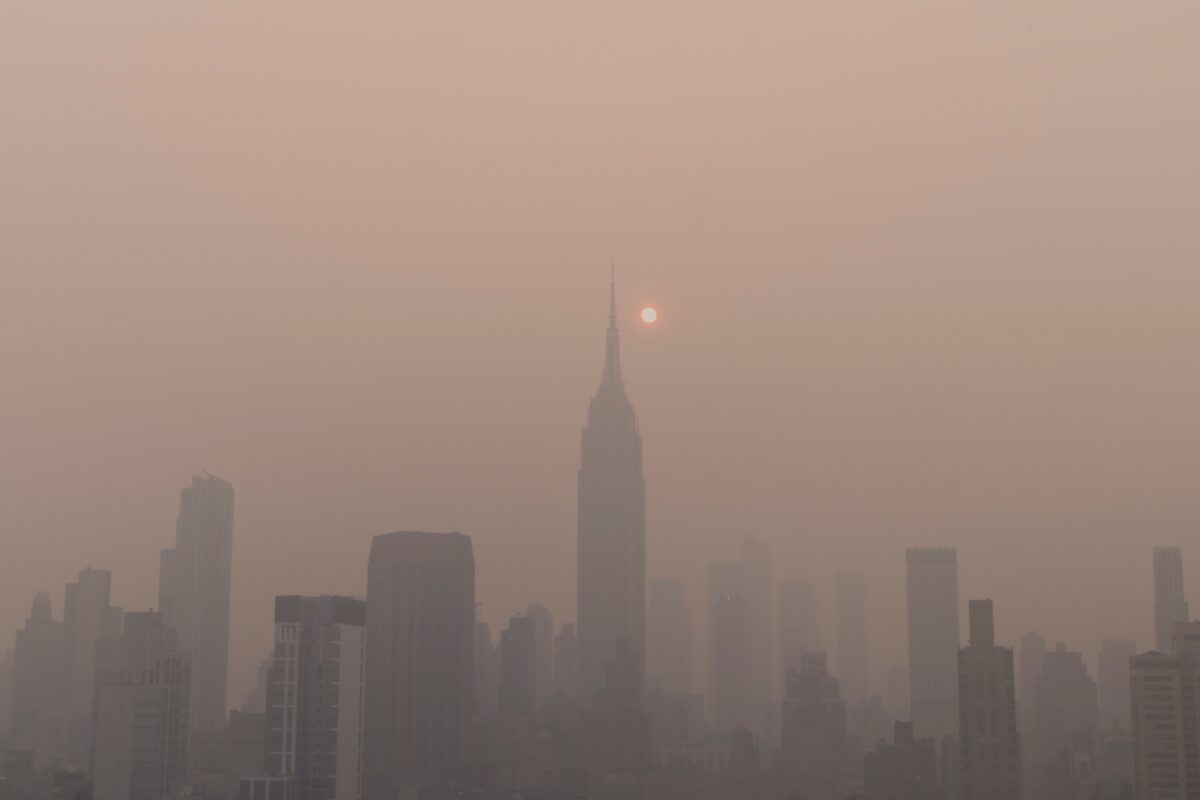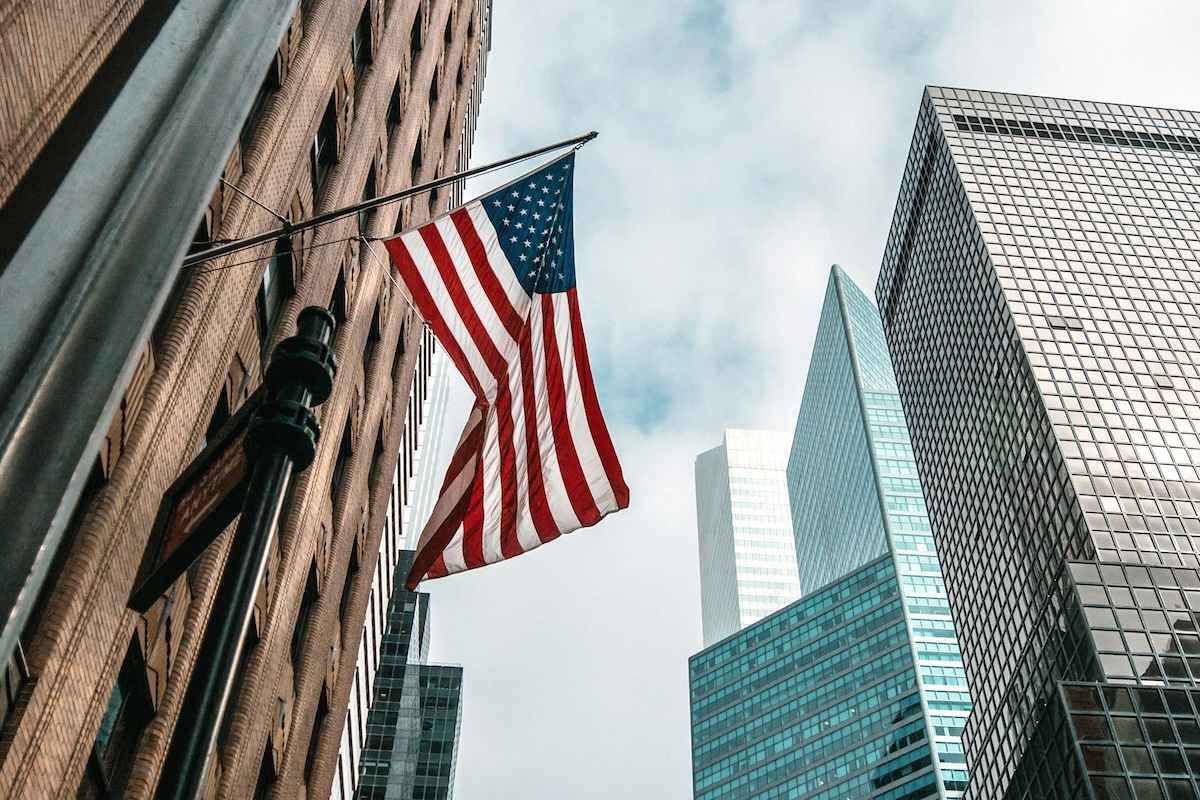Skift Take
Planners know they must expect the unexpected, but the smog caused by Canada's wildfires that blanketed the East Coast over the past week surprised most. Flights were delayed, and outdoor activities canceled, leaving many to ask what's next.
An eerie yellow haze caused by more than 400 wildfires burning across Canada choked cities up and down the U.S.’s east coast. Environmentalists call this an “unprecedented” start to Canada’s fire season.
Schools, theaters, sporting events, and outdoor gatherings were all impacted as several environmental protection agencies issued air quality warnings.
Impacted Events
Take the Guides Association of New York City, an association of independent, professional tour guides. It had to cancel last week’s in-person monthly evening meeting as the smoke had entered The Montauk Club, a private social club in Brooklyn, the site of the gathering. Instead, it became a virtual event on Zoom.
“This is something that has never happened before. You always have to have a Plan B,” said Harvey Paul Davidson, CHME, CMP Emeritus, chairman of Ad Hoc Committee, and a member of the Guides Association. “You always have to be prepared for the unexpected. The more things you think of, the better off you will be.”
Another example is the Westside Tourism Symposium in Saskatchewan. This event centered around unveiling an indigenous tourism strategy has now been rescheduled for September.
Health Concerns
What are the health concerns related to this situation? According to the American Lung Association, Wildfire smoke can harm the lungs and is especially dangerous for children, older adults, and those with asthma, COPD and bronchitis, or chronic heart disease or diabetes. One of the many pollutants found in wildfire smoke is particle pollution, a mix of very tiny solid and liquid particles suspended in the air that can enter and lodge deep in the lungs triggering asthma attacks, heart attacks, and strokes.
Several tools can help meeting and event planners, including forecasting the movement of wildfire smoke and tracking air quality.
Investing in a Safer Future
Scientists link the wildfires burning across Canada to climate change and rising global temperatures. The hot and dry environment makes wildfires more extreme. Many say the fires and vast clouds of smoke that blanketed the eastern US should serve as a wake-up call for climate action.
Shawna McKinley, a sustainability consultant and event planner, weighed in on the situation.
“It’s important that event professionals expand risk management approaches to monitor and plan for wildfire and air quality risks. And we must not forget that the amount of risk we face is correlated to how much we continue to emit. So doing whatever we can to draw down all greenhouse gases at events and beyond — from food waste to transportation and material impacts — is an investment in a safer future,” said McKinley.
Business events have a long way to go in doing their part to fight climate change. Many feel a lack of actionable targets is a result of a lack of tools for tracking emissions.
However, there are valid and valuable ways to assess events for sustainability.
Photo credit: Ahmer Kalam / Unsplash





